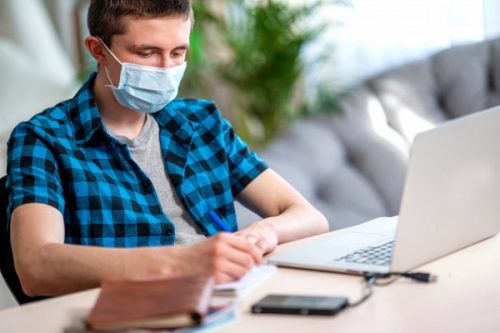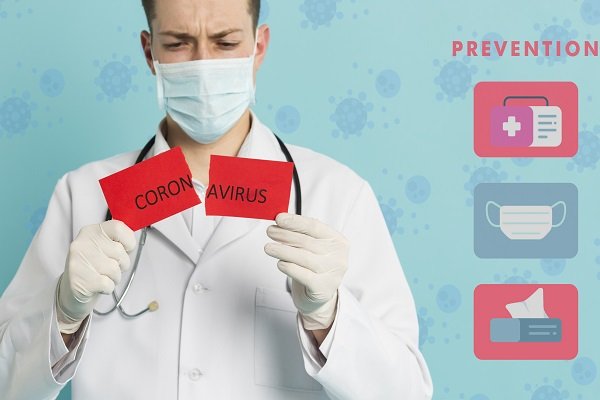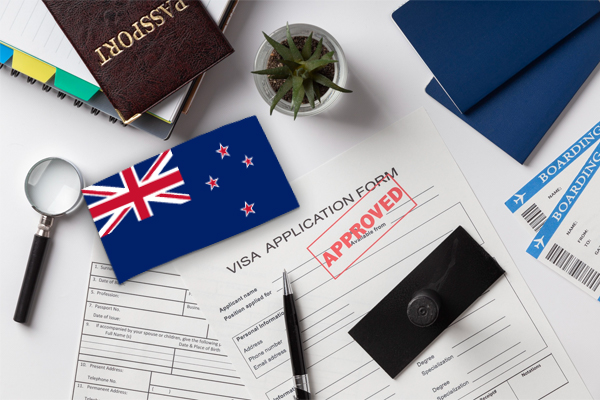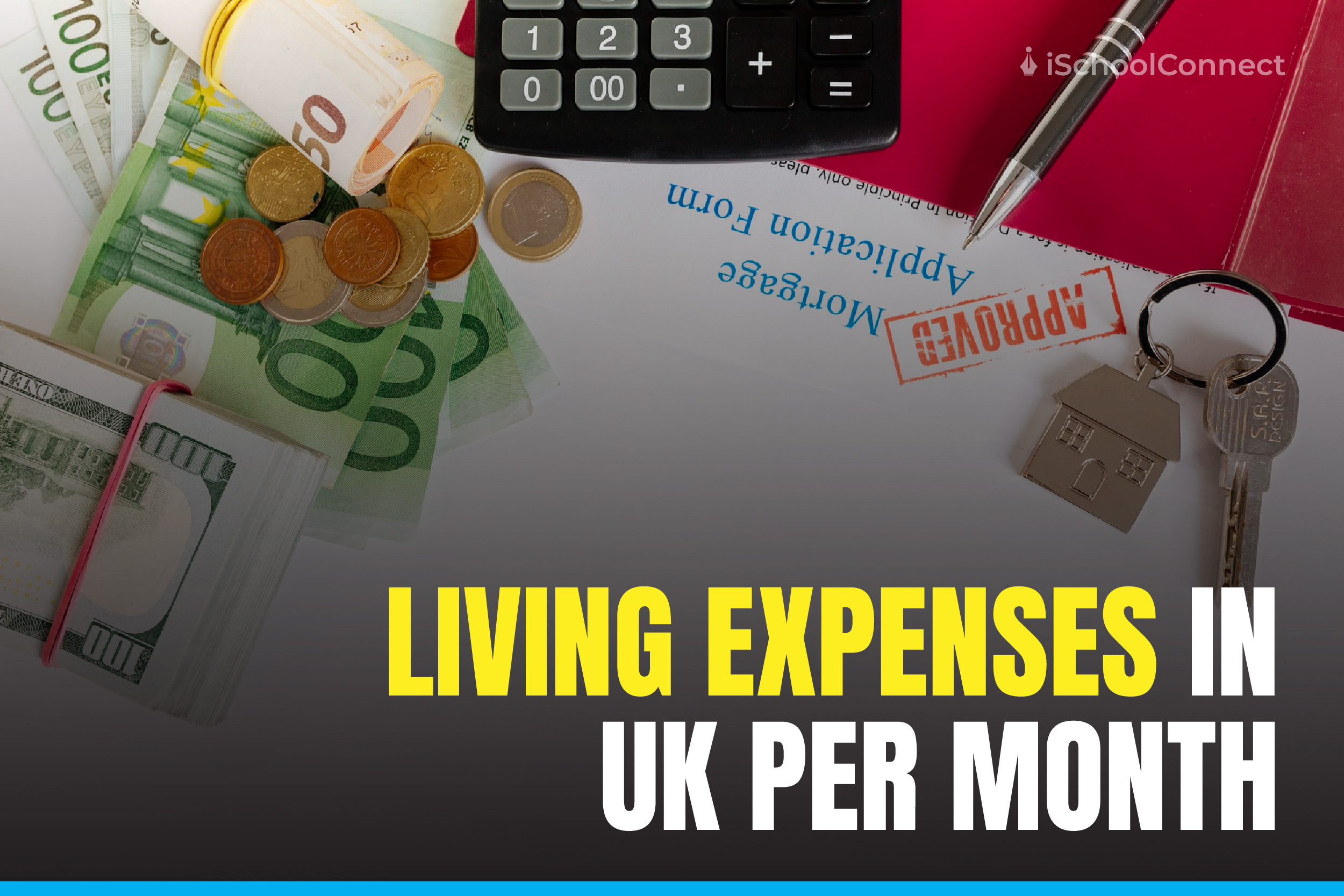Table of Contents
The Coronavirus has been a source of panic for people around the world, with it being dubbed as the first global pandemic that spreads as easily as it does. Be it international students studying abroad, or their parents back at home, this virus is causing many a sleepless night. However, while your education is important, staying safe is twice as important. With so much doubt and panic surrounding the subject, it can be hard to separate the facts from the noise. We hope to help you understand what we’re all dealing with and what are the best precautions for Coronavirus. Here’s everything important you need to know about Coronavirus or COVID-19, to keep yourself and your loved ones safe.
What is the COVID-19 aka Coronavirus?
The Coronavirus is a large family of viruses that starts from a cold and translates into severe symptoms that could be life-threatening. According to the World Health Organization, the Coronavirus causes respiratory illness. The virus was first detected in Wuhan, China in December 2019. To stop the virus from spreading, China kept hundreds of people in incubation.
What are the causes and symptoms of the Coronavirus? (How does it spread?)
The common symptoms of Coronavirus are:
- Fever
- Cough
- Shortness of Breath
- Breathing Difficulties
However, in more severe cases the virus can cause kidney failure and even death. The Coronavirus is considered Zoonotic, meaning it can be transmitted from animals to humans. The virus was first detected in animals, but now it’s made its way to humans. However, there are still many Coronaviruses that haven’t yet infected humans. It spreads easily from anyone infected through coughing or sneezing. This just means that it’s more important than ever to practice hygiene and follow the safety tips listed below.
Top 10 precautions for coronavirus

‘Stay clean, stay safe’, is the best motto for us all to follow. At the date this article was published, the cure for Coronavirus is still being developed. So, in order to stay safe, the best thing we all can do is take precautions. The Mayo Clinic and other health-information websites recommend the following Coronavirus precautions:
- Frequently use alcohol-based hand sanitizers after all activities.
- Wash your hands as often as you can.
- Stay home from college classrooms and public areas, if you’re sick.
- Avoid touching your eyes, mouth, and nose if your hands aren’t clean.
- Avoid close contact with any other students that might be sick (maintain at least 1 metre distance).
- Assuming you live in a dorm or off-campus, stock up on food, resources, and basic medical supplies.
- Clean the surfaces you often touch.
- Avoid traveling too much or making frequent trips to public or over-crowded areas.
- Cover your mouth or nose if you sneeze.
- If you ever feel like you have cough, fever, or difficulty breathing, seek medical help immediately.
How effective are the Coronavirus masks and which mask should I buy?
Just because you’re wearing a mask, doesn’t mean that you won’t get sick. These viruses can penetrate the materials of the masks. But experts still suggest that face masks along with sanitizers are the most basic prevention measure you can take. Wearing a face mask offers you five times more protection than if you aren’t wearing a Coronavirus mask. According to WHO and other authorities, here’s what you need to know about using a mask:
- It’s important to know that if you are a healthy, young individual, then you do not need to wear a mask. Basic precautions with hand sanitizers and soap are enough.
- On the flip side, if you aren’t feeling well then it’s highly essential to wear a mask if you are coughing or sneezing.
- Before you use your mask, make sure you clean your hands thoroughly with high-concentration alcohol-based hand sanitizers or soap and water.
- If you have a single-use mask, discard it immediately and do not reuse.
- When you throw the mask, make sure you remove it from behind without touching your face and discard in a closed garbage bin.
Should I study abroad despite Coronavirus?

The answer to this question depends on the country you choose to travel to. Before you decide to travel to any country for studies, it is better that you do your research and find out if your institution of choice is located in an affected region. Keep in mind that unless you’ve traveled to a country with cases of the virus, or are in close contact with someone who has been to such a country, your chances of getting an infection are very minium. So don’t get discouraged. Your dreams of studying abroad are still alive!
How can I stay safe if I’m studying abroad?
Here are some safety tips and Coronavirus precautions for students. As long as you:
- Stay away from people who have traveled to mainland China, Thailand, Japan, the Republic of Korea, Hong Kong, Taiwan, Singapore, Malaysia, Iran, Italy, Macau, etc. in the last 3 months.
- If you have traveled to any of the countries mentioned above in the past few days, then it might be a good idea to consult a doctor immediately.
- Follow all the precautions for Coronavirus mentioned above.
Just because there’s a threat of COVID-19 doesn’t mean you have to forego your study abroad dreams. Just worry about your safety and let iSchoolConnect help with your university applications. It is your one-stop solution for all your higher education requirements. Stay safe and stay healthy, people!






